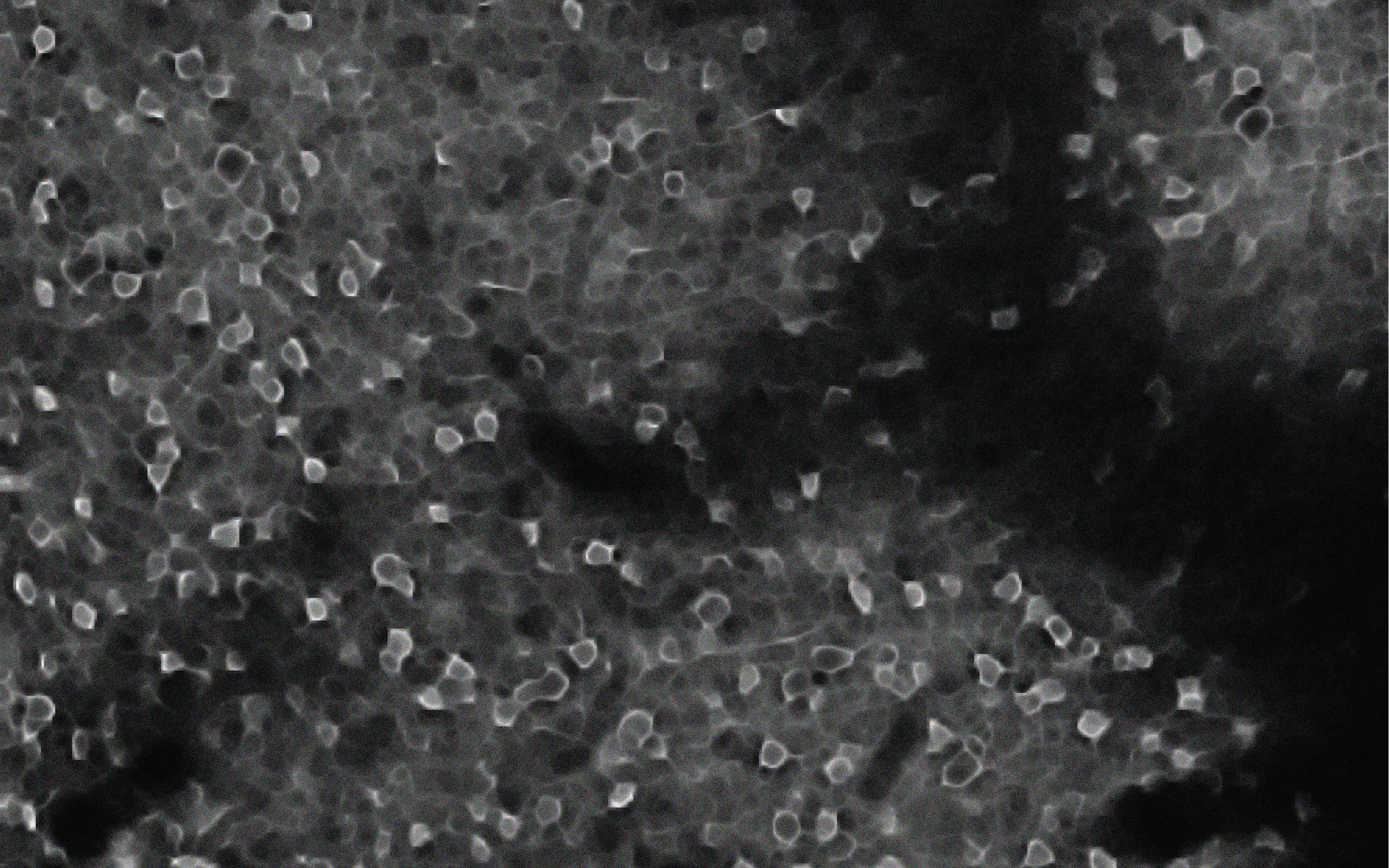In Case You Missed It
It's been a busy week of announcements, science news, and discoveries. In case you missed some of the amazing things that happened recently, these highlights will catch you up.
Michael Turner Joins The Kavli Foundation
Starting in summer 2019, the former director of the Kavli Institute for Cosmological Physics at the University of Chicago will advise the Foundation’s Science Programs. Dr. Turner is well known in the field of astrophysics, as he helped establish the interdisciplinary field that combines cosmology and elementary particle physics to understand the origin and evolution of the universe. He aslo coined the term "dark matter." Read more.
Explosions of Universe’s First Stars Spewed Powerful Jets
Several hundred million years after the Big Bang, the very first stars flared into the universe as massively bright accumulations of hydrogen and helium gas. Within the cores of these first stars, extreme, thermonuclear reactions forged the first heavier elements, including carbon, iron, and zinc.

These first stars were likely immense, short-lived fireballs, and scientists have assumed that they exploded as similarly spherical supernovae.
But now astronomers at MIT and elsewhere have found that these first stars may have blown apart in a more powerful, asymmetric fashion, spewing forth jets that were violent enough to eject heavy elements into neighboring galaxies. These elements ultimately served as seeds for the second generation of stars, some of which can still be observed today. Read more.
Scientists Locate Brain Area Where Value Decisions Are Made
Neurobiologists at the University of California San Diego have pinpointed the brain area responsible for value decisions that are made based on past experiences.
Senior author Takaki Komiyama says data from tens of thousands of neurons revealed an area of the brain called the retrosplenial cortex, or RSC, which was not previously known for “value-based decision-making,” a fundamental animal behavior that is impaired in neurological conditions ranging from schizophrenia to dementia and addiction.

Such decision-making is not the kind we encounter, for example, when navigating traffic lights, which are external cues that dictate our car-driving decisions. Rather, Komiyama, lead author Ryoma Hattori and their colleagues found that the RSC is the home region for decisions such as where we buy our morning coffee. When we visit a coffee shop, our subjective value of the shop is updated based on our experience in the RSC where the value is maintained until the next time we go out for coffee. Read more.
The Microbots Are on Their Way
Tiny sensors with tinier legs, stamped out of silicon wafers, could one day soon help fix your cellphone battery or study your brain. Kavli Institute at Cornell (KIC) Director Paul McEuen, KIC member Itai Cohen, and former KIC Postdoctoral fellow Mark Miskin are featured in this story in The New York Times.